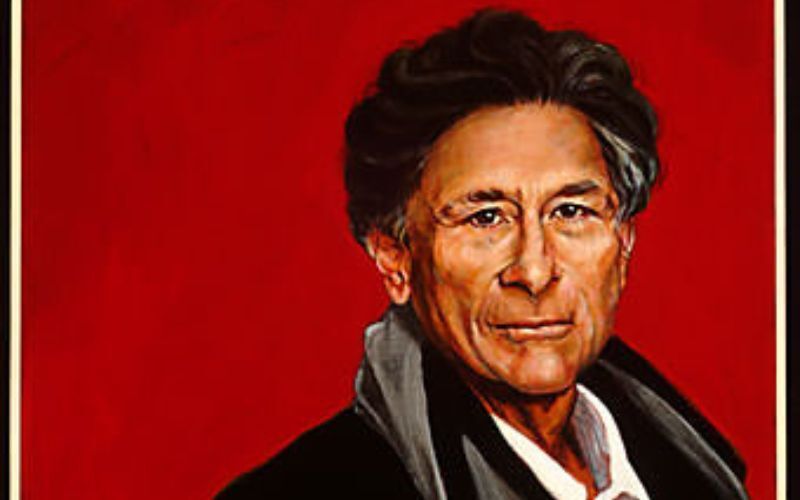Palestinian Activist, Literary Critic, Writer, Musician (1935-2003)
Part of the main plan of imperialism… is that we will give you your history, we will write it for you, we will re-order the past…What’s more truly frightening is the defacement, the mutilation, and ultimately the eradication of history in order to create…an order that is favorable to the United States.
Additional Quotes by Edward Said
I have been unable to live an uncommitted or suspended life. I have not hesitated to declare my affiliation with an extremely unpopular cause.
I urge everyone to join in and not leave the field of values, defintions, and cultures uncontested.
For the intellectual the task, I believe, is explicitly to universalize the crisis, to give greater human scope to what a particular race or nation suffered, to associate that experience with the suffering of others.
Look at situations as contingent, not as inevitable, look at them as the result of a series of historical choices made by men and women, as facts of society made by human beings, and not as natural or god-given, therefore unchangeable, permanent, irreversible.
Appeals to the past are among the commonest of strategies in interpretations of the present.
Biography
Edward Said was a teenager when Israeli forces captured West Jerusalem in 1948. His family fled with other Palestinian refugees to Cairo. He eventually attended Princeton and Harvard and settled in the U.S., where he became a professor of comparative literature at Columbia University, a celebrated intellectual, and the leading advocate for Palestinian self-determination.
He wrote his first political essay, “The Arab Portrayed,” in response to Israeli Prime Minister Golda Meir’s declaration in 1969 that “There are no Palestinians.” Said writes that he took on “the slightly preposterous challenge of disproving her, of beginning to articulate a history of loss and dispossession that had to be extricated, minute by minute, word by word, inch by inch.”
That piece launched a lifetime of writing and activism. Said championed the rights of the Palestinian people to determine their own future—while insisting that Palestinians acknowledge the persecution and genocide suffered by the Jews. “[T]he struggle for equality in Palestine/Israel should be directed toward a humane goal, that is, co-existence, and not further suppression and denial,” he wrote.
The most influential of Said’s many books is Orientalism (1978), which denounces “subtle and persistent Eurocentric prejudice against Arabo-Islamic peoples and their culture,” arguing that these biases have served as a justification for the West’s imperial ambitions in the Middle East and Asia.
Said’s activism exiled him from Israel and Palestine for most of his life and provoked criticism in this country. He has been called everything from “the professor of terror” to a Nazi, and his office at Columbia was set on fire. But he persevered, publishing regularly in The Nation, the Arabic newspaper al-Hayat in London, and many other publications. His enduring legacy is the courage to say the most difficult things to the most difficult people in the most difficult circumstances.


